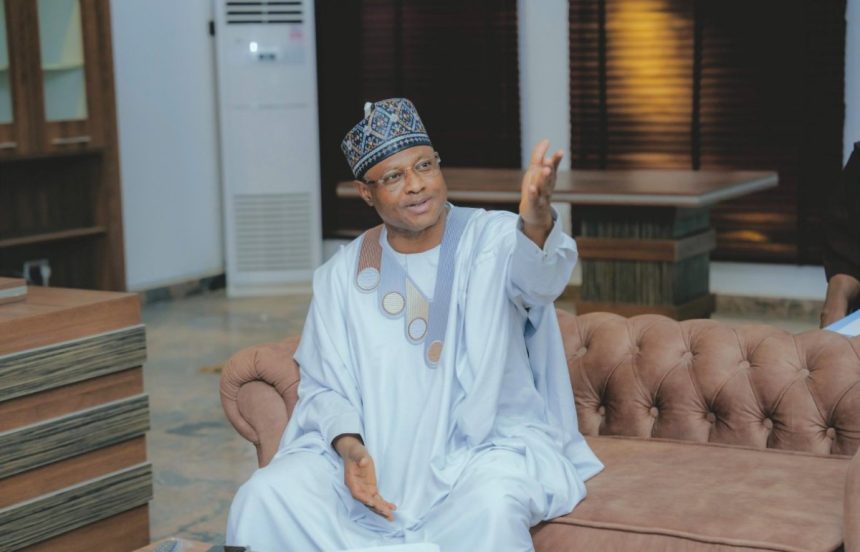In a recent town hall meeting, Kaduna State Governor Uba Sani revealed the financial challenges faced by the state.
His administration inherited a staggering debt burden of $587 million and N85 billion, along with 115 contractual liabilities from the previous El-Rufai government.
The foreign exchange component of this debt is particularly burdensome, with the state paying nearly triple the amount borrowed by the previous administration.
Despite these financial constraints, Governor Sani emphasized that his administration has not borrowed a single kobo.
Instead, they remain focused on critical areas such as Safety and Security, Housing, Education, Healthcare, and support for Micro, Small, and Medium Enterprises (MSMEs).
Additionally, they prioritize inclusive development by investing in human capital, stimulating the economy, and providing affordable housing.
On the security front, the state has revamped the Kaduna State Vigilance Service (KADVS), recruiting 7,000 additional personnel and procuring operational vehicles and motorcycles for distribution to KADVS and federal security agencies.
In education, the government aims to reduce the number of out-of-school children by 200,000.
With assistance from Kuwait, a four-year program is set to begin in May or June 2024, involving the construction of 102 new schools and the renovation of 170 existing ones.
Governor Sani called for the cooperation of the people, emphasizing that collective efforts are essential for Kaduna State’s progress.
He added: “We aspire to make rural living enjoyable and transform Kaduna into a premier business hub. Our ultimate goal is to rebuild trust and foster peace and harmony.”





